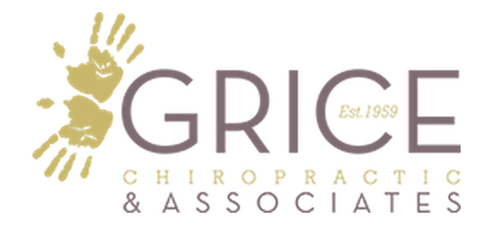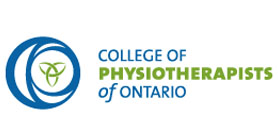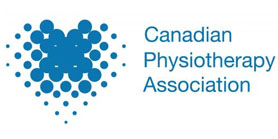PHYSIOTHERAPY
Our Physiotherapists will assess and treat your acute and chronic neuromusculoskeletal conditions and injuries and will provide education and preventative strategies for an improved quality of life in your home, workplace or favourite leisure activity.
We will help to rehabilitate your injuries, manage pain, improve your mobility and physical activity, improve and maintain your optimal functional independence, and optimize your overall health and well-being through movement and exercise, manual therapy, treatment modalities, education and advice.
Allow our Physiotherapists to develop a personalized treatment plan and maintenance program based on YOUR specific needs today!
PELVIC FLOOR THERAPY IN A DISCREET AND RELAXED ENVIRONEMENT- GRICE CHIROPRACTIC
Our physiotherapist is specialized in pelvic floor therapy for symptoms of incontinence, prolapse, pelvic pain, urinary urgency and frequency, and other pelvic dysfunctions.
PELVIC HEALTH THERAPY (Currently Unavailable) Hiring
This treatment is performed by a physiotherapist who has special training in this area. It is a non-invasive, drug free therapy for symptoms of incontinence, prolapse (pelvic organ drop), pelvic pain, urinary urgency and frequency, and a variety of other pelvic dysfunctions in females and males.
Contact us to have a private and confidential consultation.
Urinary Incontinence
Did you know 21.8% of Canadians suffer from bladder problems, (1) for example urge incontinence, occurs when one feels the urge to void & eliminate immediately, and stress incontinence creates urine leakage when certain physical activities affect the bladder such as: coughing, sneezing, laughing, exercising or lifting heavy objects etc. This is costing Canadians $1.5 billion each year.
(1) Canadian Urinary Bladder survey 2003
What causes Urinary Incontinence?
Hypertonicity or weakness of pelvic floor muscles are common causes of urinary incontinence. Pelvic floor muscles help control urination and have a significant role in supporting lower abdominal organs such as bladder, uterus, and prostate.
What are the risk factors?
* Female gender (85%)
* Over 40 yrs of age (1 in 3)
* Obesity
* Obstetric Trauma
* Pregnancy & Child birth
* Hysterectomy
* Post menopause
* Prostatectomy/Enlarged Prostate
Is it Treatable without Medication or Surgery?
Yes, re-training the pelvic floor muscles through a specific exercise program and Physiotherapy treatments may significantly reduce, and even eliminate pelvic floor dysfunctions and symptoms.
If you or anyone you know suffers from urinary incontinence, pelvic pain or pelvic organ prolapses, please schedule an appointment with Felour Torabi, Registered Physiotherapist who has special training in pelvic floor therapy.
“You will be on your way to regaining an active and good quality of life with control of your bladder”


